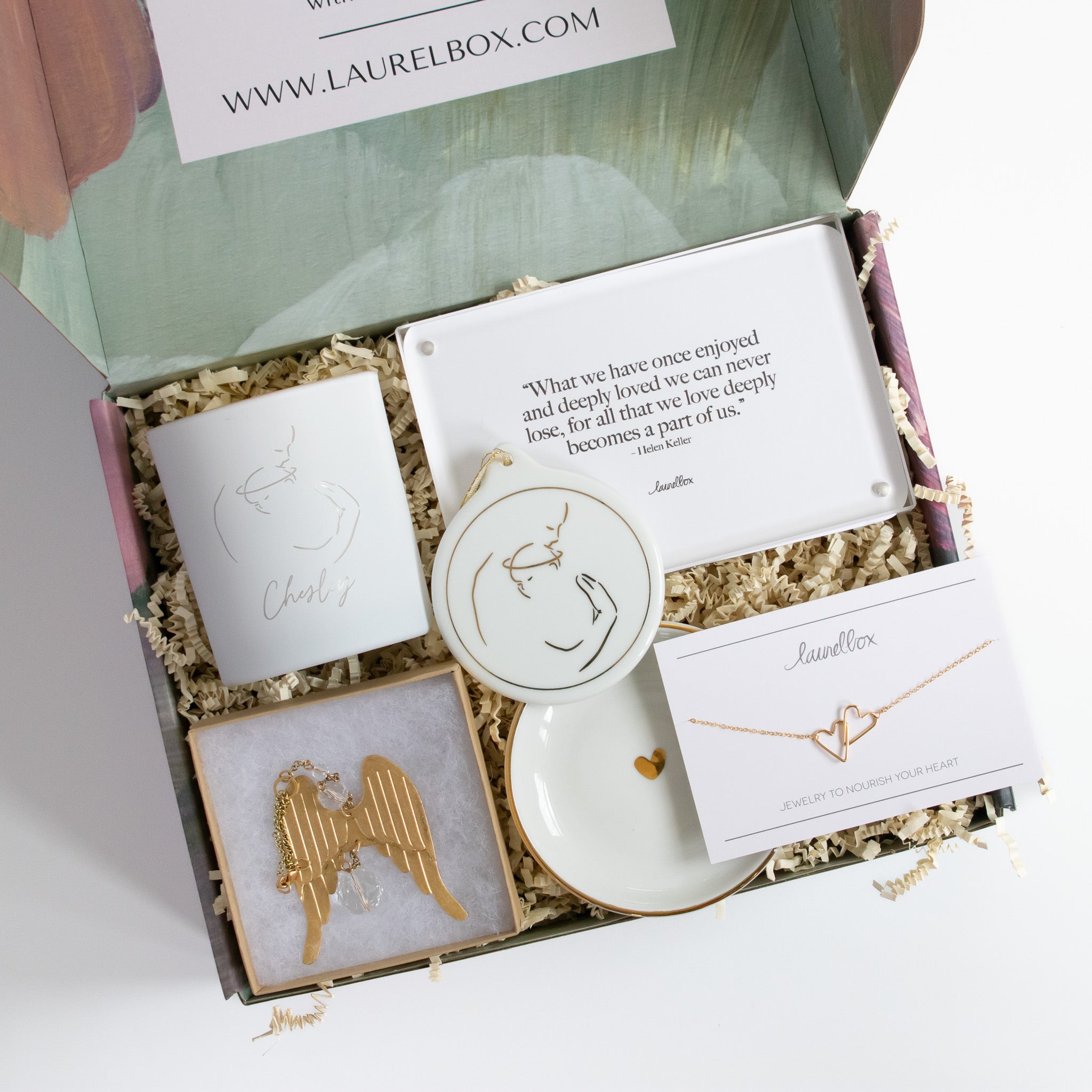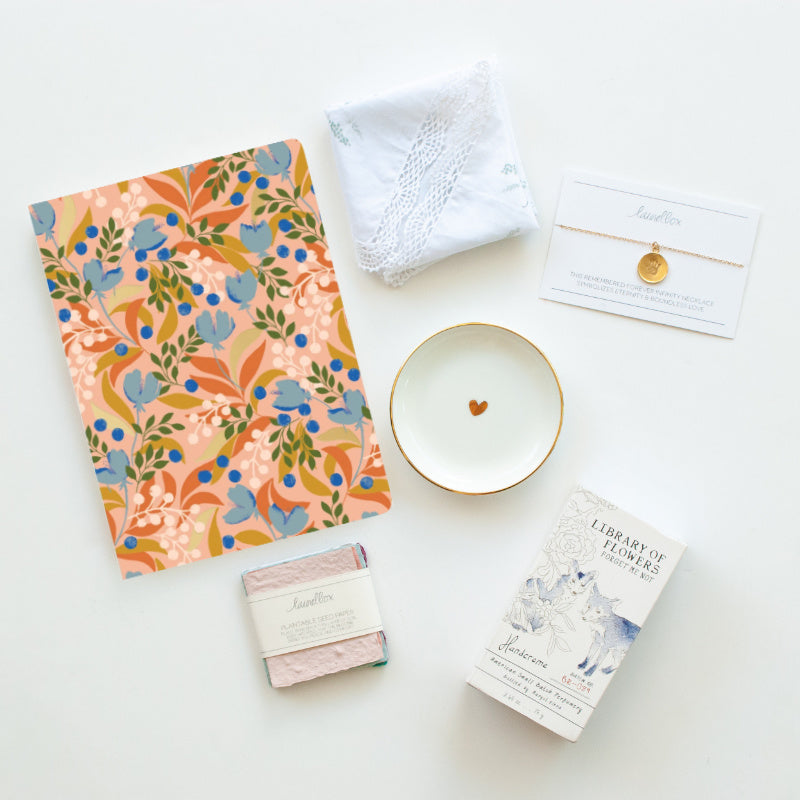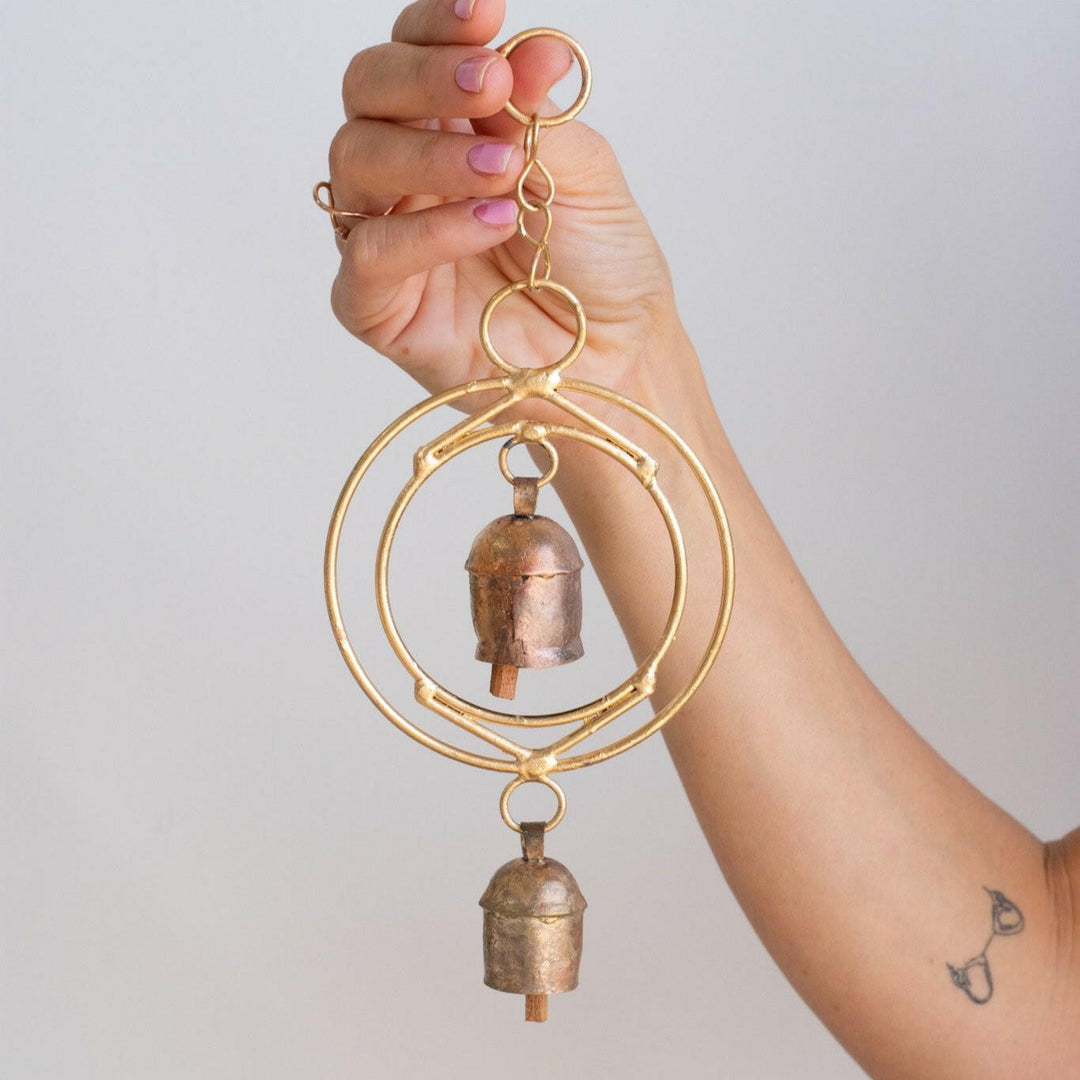I sat with my anger long enough until she told me that her real name was grief.
Thoughts on anger and grief
January 13, 2020
“Grief looks a lot like anger on the outside. Sometimes it seems simply like unmerited rage, but it’s really the frustration the heart feels when it finds itself in trauma that it can’t make any sense of.” – John Pavlovitz
If you have gone through any type of loss, intense feelings of anger are so very normal. I think that a lot of people have head knowledge that the “stages of grief” contain a stage of anger, but the reality is that feelings of anger after loss can be so much more than a “stage.” For many people, anger can become a defining emotion after loss. If this is you right now, I want to validate that your feelings are so normal.
I personally am someone who has spent a lot of time angry, and I have a lot of thoughts about anger and grief. I’m one of those people that you’ll rarely see moping, but you’ve got a good chance of seeing rage. So as someone who has been there, done that, here is the most important thing I have to say – Anger always has a story to tell.
Anger is actually almost never about the thing that sets you off. It’s about feeling used, or being broken, stinging from loss, or coping with the pain of suffering. As my grandma used to say, “pay attention to your anger because it is not a root emotion.” Feeling and expressing anger is a very real part of the grieving process. Bringing awareness to the anger you are feeling in the midst of your loss can help you understand yourself better and ground you when the angry feelings rise up.
And this was REALLY important for me — your anger and grief is not something you need to be ashamed of. You are allowed to feel angry. Things happen in life that you should feel angry about. It is ok. There is almost no way that a person who has experienced a huge loss can walk through the experience without feelings of anger. Anger is actually a very natural part of processing the pain of losing someone or something. Sometimes, anger can demand the primacy of our emotions and color all our other feelings. Other times, people can be tempted to stuff or suppress their anger. Neither pattern, however, brings lasting relief to the anger.
For a long time I had a pattern of raging and then sitting in a hot puddle of shame for days afterwards. It sucked, and it was an emotional pattern that never brought me relief. It has been a hard journey for me, but I’ve slowly learned to lean towards my anger, and learn what it has to tell me.First, I give myself permission to feel angry and remind myself not to feel ashamed of my feelings. Next, I make a mental note (you could even write it down) of the events that led me to my anger. Then, I look for patterns that may be similar or different than the last few times I experienced extreme anger. And finally, I give myself space to pattern my anger out differently.
Now, instead of waiting until anger bubbles out in weird ways, I put words to it. Pro tip – it can be surprisingly relieving just to say out loud that you are angry instead of going straight to the rage session! Instead of huffing and spewing my feelings. I slow down. I apologize. I give myself grace. I search out the root cause. It is not a perfect system, but it helps!
It can make a huge difference just to give yourself freedom to feel angry. Give yourself grace, remember that it is ok to honestly face your anger and grief, and find someone safe who can support you in it. You can do this.







